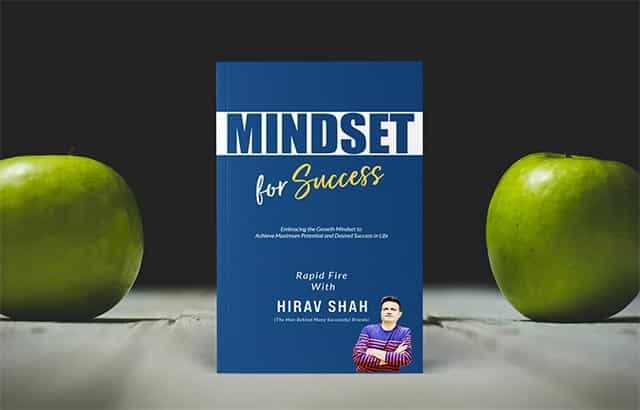Intuition is a powerful tool that can help guide us through life’s challenges and decisions. By tapping into our inner wisdom, we can unlock our full potential and make better choices. In this comprehensive guide, you’ll learn about the science behind intuition, how to recognize and trust your gut feelings, and practical tips for strengthening your intuition. Start unlocking your intuition today!
Table of Contents
Understanding Intuition and Its Benefits.
Intuition is often described as a gut feeling or a sense of knowing without conscious reasoning. It’s a natural ability that we all possess, but many of us have learned to ignore or dismiss it. However, when we tap into our intuition, we can gain valuable insights and make better decisions. Intuition can help us navigate complex situations, avoid danger, and even unlock our creativity. By understanding the benefits of intuition, we can begin to trust and rely on this powerful tool.
Developing Your Intuition through Meditation and Mindfulness.
Meditation and mindfulness practices can help you develop your intuition by quieting your mind and allowing you to tune in to your inner wisdom. Start by finding a quiet and comfortable space where you can sit or lie down without distractions. Close your eyes and focus on your breath, allowing your thoughts to come and go without judgment. As you become more relaxed, begin to visualize a situation or question that you need guidance on. Pay attention to any thoughts, feelings, or sensations that arise, and trust your intuition to guide you towards the right decision. With practice, you can strengthen your intuition and use it to enhance your life.
Trusting Your Gut: Learning to Listen to Your Inner Voice.
Your intuition, also known as your inner voice or gut feeling, is a powerful tool that can guide you towards making the right decisions in life. However, many people struggle to trust their intuition and instead rely on logic or external advice. Learning to listen to your inner voice takes practice and patience, but it can lead to greater self-awareness and a deeper connection with your true self. Start by paying attention to your physical sensations and emotions when making decisions, and trust that your intuition knows what’s best for you. With time and practice, you can tap into your inner wisdom and unlock your full potential.
Using Intuition to Make Better Decisions in Life and Business.
Your intuition can be a powerful tool in making decisions, both in your personal life and in business. By tapping into your inner wisdom, you can make choices that align with your values and goals, and avoid getting bogged down by external pressures or conflicting advice. To use your intuition effectively, start by quieting your mind and tuning into your physical sensations and emotions. Trust that your intuition knows what’s best for you, and be willing to take risks and make bold choices based on your inner guidance. With practice, you can develop a strong intuition that will serve you well in all areas of your life.
Overcoming Doubt and Fear to Embrace Your Intuition.
Doubt and fear can be major obstacles to tapping into your intuition. It’s natural to feel uncertain or anxious when making important decisions, but these emotions can cloud your judgment and prevent you from accessing your inner wisdom. To overcome doubt and fear, try practicing mindfulness and meditation to quiet your mind and reduce stress. You can also journal or talk to a trusted friend or mentor to gain clarity and perspective. Remember that your intuition is a valuable resource, and trust that you have the ability to make wise choices based on your inner guidance.
Conclusion
Hirav Shah explains that fear and intuition are often mistaken for each other, but they are actually two different things. Fear is a response to a perceived threat, whether real or imagined, and can be helpful in some situations but can also be irrational and hold us back. Intuition, on the other hand, is a deep inner knowing that arises without conscious thought or reasoning. It can be a valuable tool for decision-making and should be trusted and honored. The key difference between fear and intuition is that fear is based on a perceived threat, while intuition comes from a place beyond the rational mind. To make the most of these experiences, fear should be examined and assessed, while intuition should be quieted and tuned into for guidance.



















